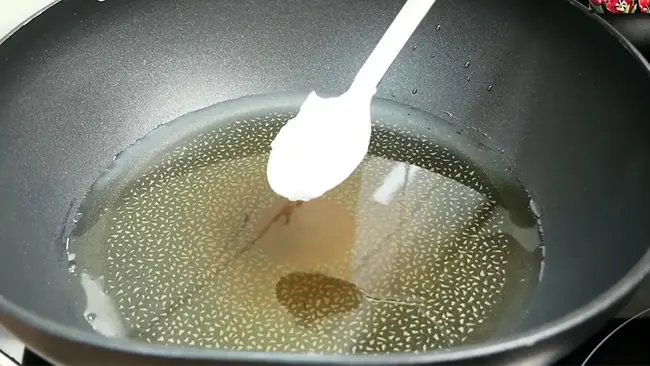
Don’t Throw Away Leftover Lemon Peels — Keep Them for These 5 Amazing Uses
Don’t Throw Away Leftover Lemon Peels — Keep Them for These 5 Amazing Uses
You can repurpose lemon peels after cooking to solve many household problems.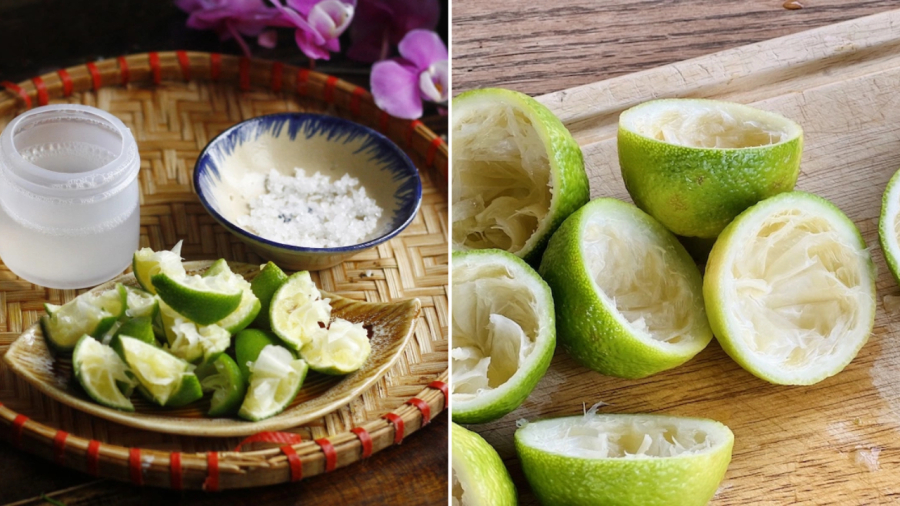
Lemon peels contain citric acid, with the chemical formula C₆H₈O₇. Citric acid is widely used in industries, pharmaceuticals, cosmetics, and food. It acts as a cleaning agent, preservative, water softener, and more.
Thanks to the citric acid and essential oils in lemon peels, you can make use of them in the following helpful ways around the house:
1. Make Dishwashing Liquid
You can use lemon peels along with other fruit peels to create an eco-friendly dishwashing liquid. The ingredients are simple: lemon peels and baking soda. When mixed, baking soda reacts with lemon juice to create fizz and CO₂. Citric acid also helps soften hard water.
How to make it:
-
Chop lemon peels and place them in a bottle (fill about half the bottle).
-
Add 2 tablespoons of baking soda.
-
Close the lid and shake well.
-
Leave the bottle in a sunny spot.
-
Open the lid once a day to release gas and promote fermentation.
-
After about 1 week, the lemon peels will be fully fermented.
Strain the liquid and discard the solids. Use this lemon extract to wash dishes.
Tip: Remove food scraps and rinse dishes before using the lemon-based cleaner for best results.
2. Remove Burnt Stains from Pots and Pans
When pots or pans are burnt and the residue sticks stubbornly to the bottom, lemon peels can help.
How to use:
-
Place several lemon peels (including the squeezed pulp) into the burnt pot.
-
Add enough water to cover the burnt area.
-
Boil for 15 minutes.
The combination of citric acid and heat will help loosen the burnt food residue. Then just wash the pot as usual.
3. Clean Knives and Cutting Boards
Citric acid has antibacterial and antiviral properties. It’s often found in fungicides, insecticides, and hand sanitizers.
After cutting raw foods, knives and cutting boards can harbor odors and bacteria.
To clean them:
-
Rub lemon peels over the surface of the knife and cutting board.
-
Then wash with dish soap and rinse thoroughly.
4. Deodorize the Microwave and Fridge
To eliminate odors in the microwave:
-
Place lemon peels in a bowl of water.
-
Heat on high for 2–3 minutes.
The steam carries the lemon’s fragrance, neutralizing bad smells. Afterward, wipe the interior with a dry cloth.
For the refrigerator:
-
Place a few lemon peels in corners of the shelves or compartments to absorb food odors.
5. Clean Teapots and Teacups
Tea often leaves behind stubborn stains that regular dish soap can’t remove.
To clean:
-
Rub lemon peels directly onto stained areas.
-
Alternatively, boil lemon peels with a pinch of salt in water.
-
Soak the teapot in this mixture for a few minutes.
-
Once the water cools, wash the teapot as usual.
By reusing lemon peels this way, you're not only reducing waste but also creating natural, chemical-free solutions for your home.
News in the same category


When Buying Bananas, Just Say These 3 Words — Sellers Will Think You’re an Expert and Won’t Dare to Cheat You
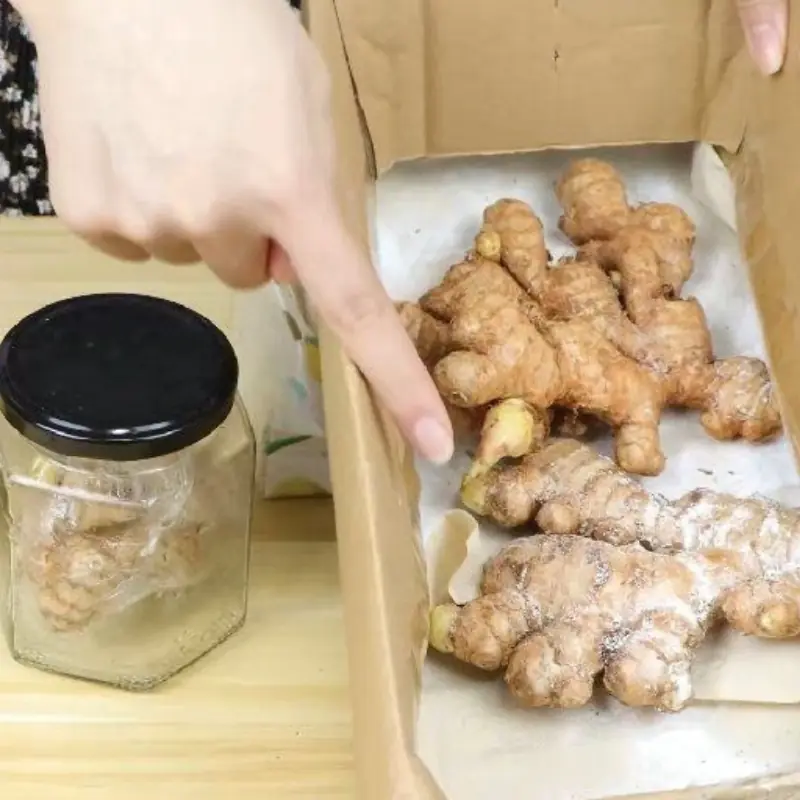
Stop Storing Ginger in the Fridge! Here’s How to Keep It Fresh for Up to 6 Months

Thought It Was Just Kitchen Waste, Lemon Peels Turn Out to Be a “Hidden Treasure” With 5 Little-Known Uses

Stop washing clothes the old way! Don’t just add detergent—try this quick hack and your clothes will come out like new.

Stop washing clothes the old way! Don’t just add detergent—try this quick hack and your clothes will come out like new.

Expert reveals 'military sleep method' that helps you fall asleep in just two minutes
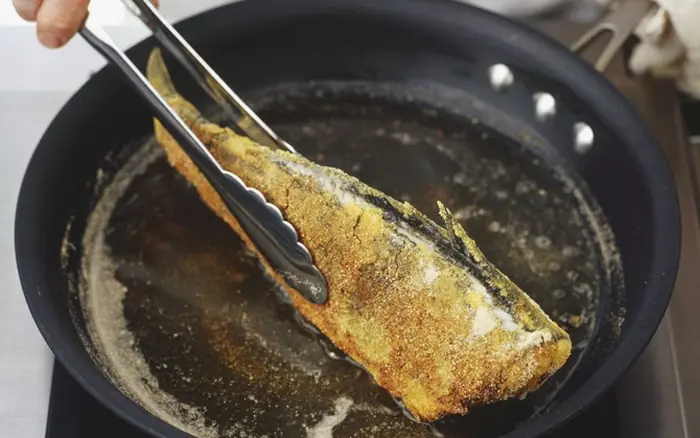
Don’t Fry Fish with Just Oil: Add These 3 Ingredients for Golden, Crispy Fish with No Oil Splatter

Warning for Anyone Using an Air Fryer: There’s One Essential Part You Must Clean—but It’s Often Overlooked
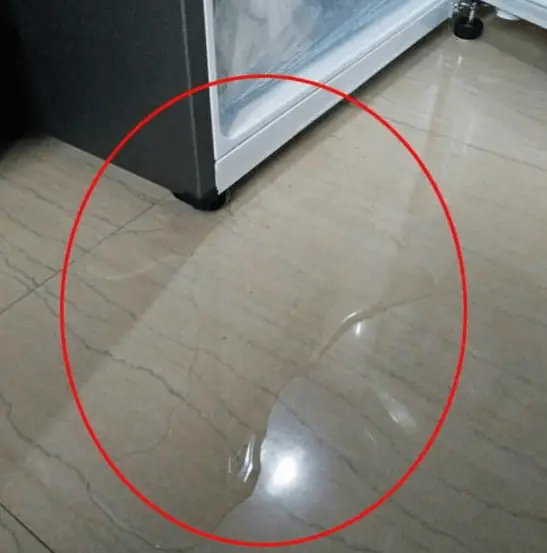
Fridge leaking water: Don't rush to call a technician, just do this to keep your fridge running smoothly without spending money

7 Power-Hungry Home Appliances: Unplugging Them Can Save Electricity—but Also Shorten Their Lifespan
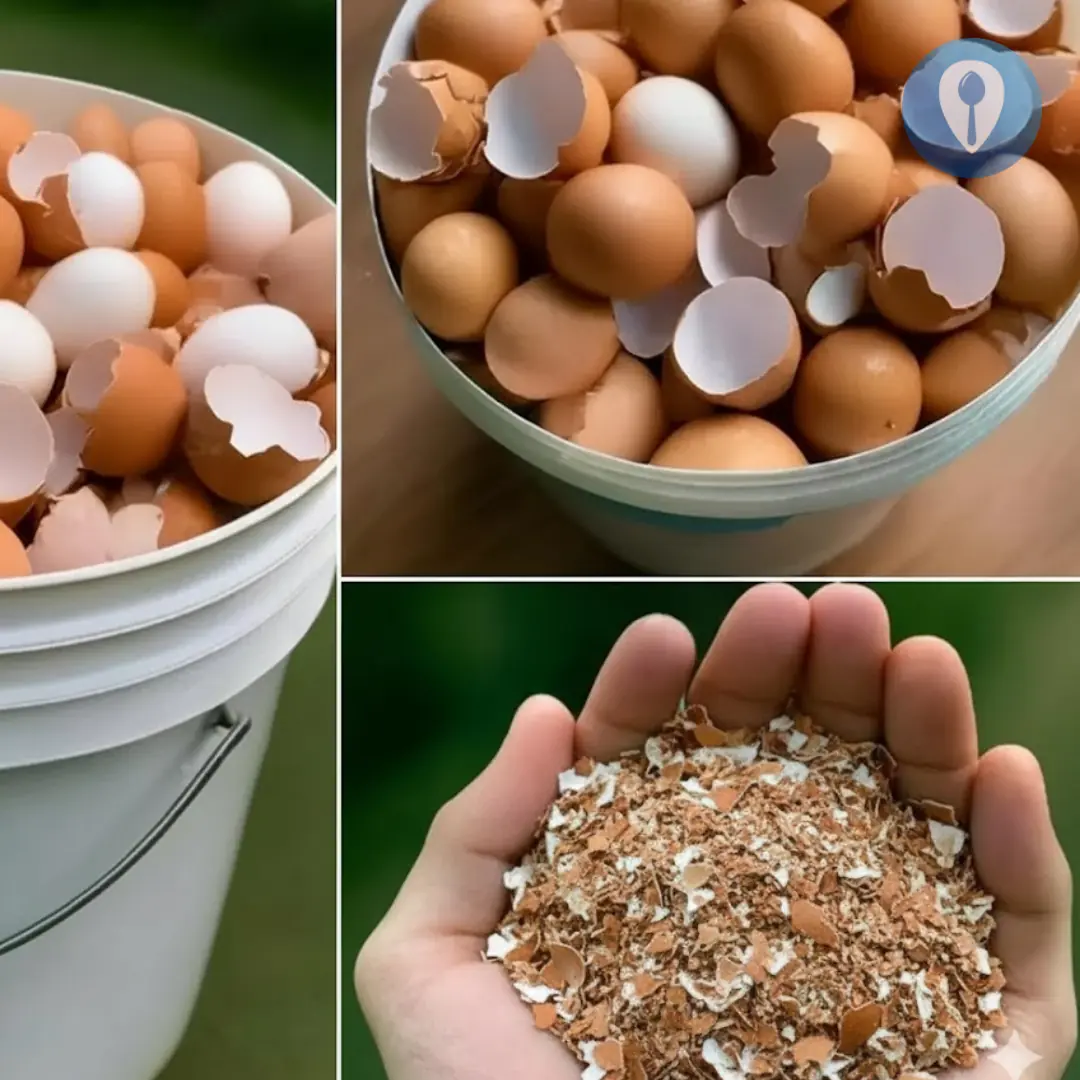
Boil eggshells and say goodbye to the …
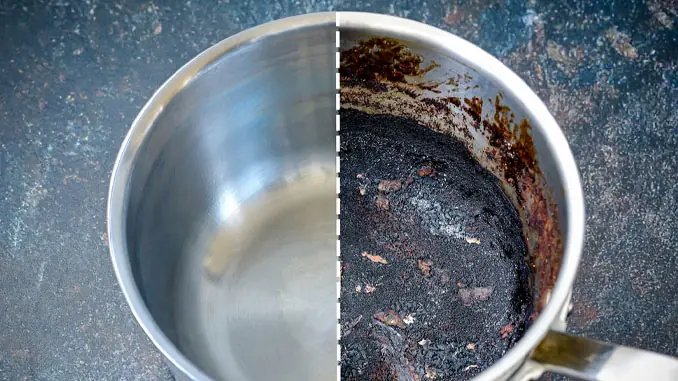
Instead of using steel wool, this is the proper way to clean stainless-steel pots and pans to help extend their “lifespan”—a tip many people don’t know.
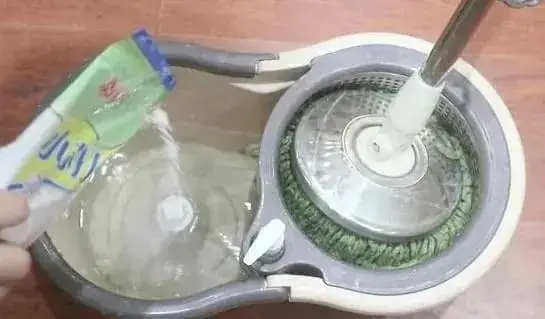
Mopping with Plain Water Is Pointless: Add This One Thing and Your Floor Will Shine Like a Mirror All Week!

How to store rice properly to prevent moths and keep it fresh longer
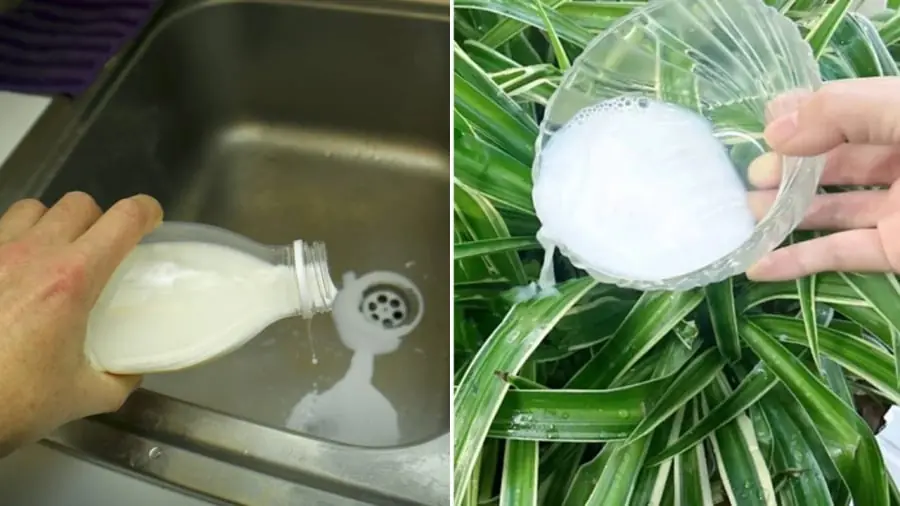
Don’t Throw Away Expired Fresh Milk — Keep It for These 4 Amazing Uses

How to drive away an entire rat colony using simple household ingredient
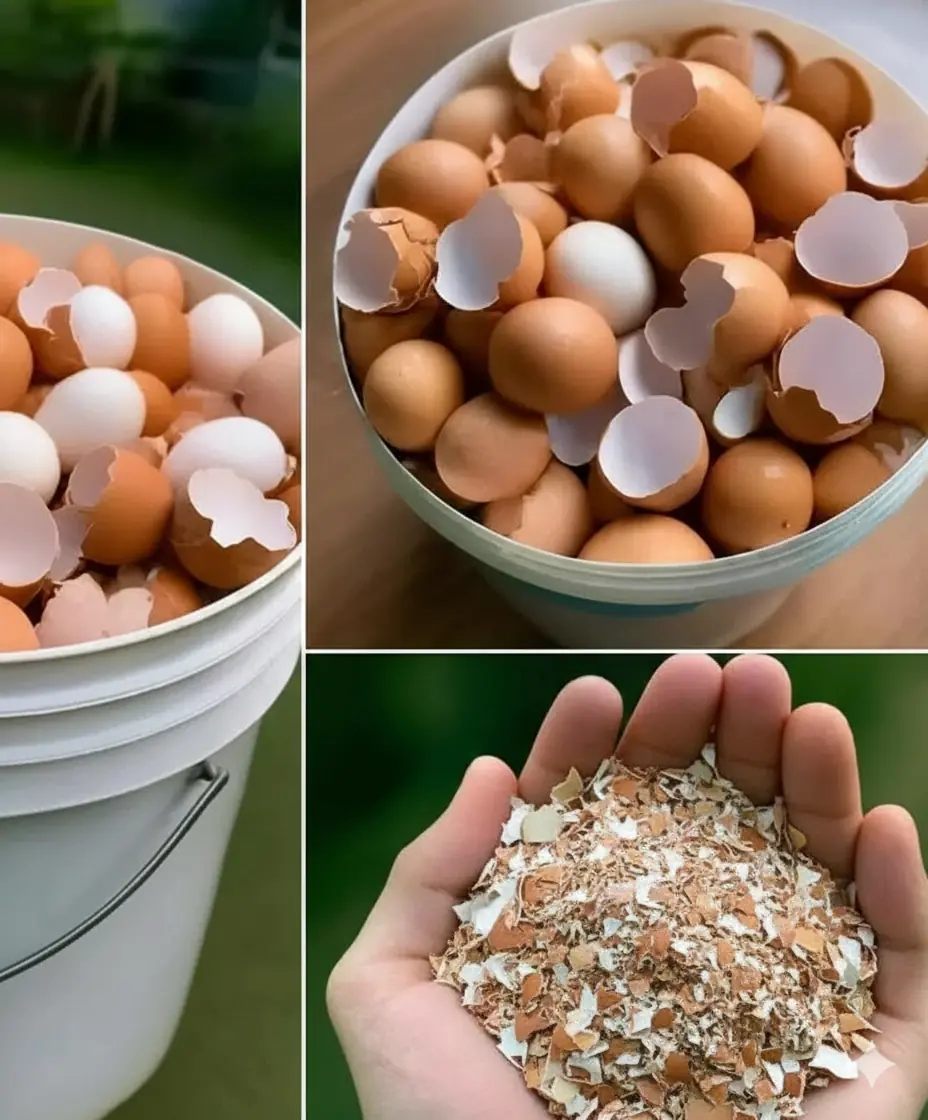
Boil eggshells and say goodbye to waste: The surprising uses you need to know
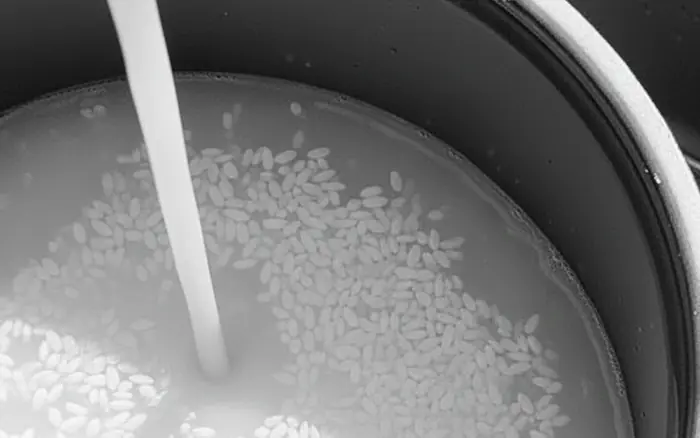
Cooking Rice with This Milky-White Liquid Is Far Better Than Using Plain Water: Tastier Rice, Better Skin, and Protection Against Many Diseases

The First Steps to Take After a Snake Bi:te
News Post

If you wake up in the morning and see your body has these 2 characteristics, be careful, your liver is on the "brink" of failure: You should go see a doctor soon!
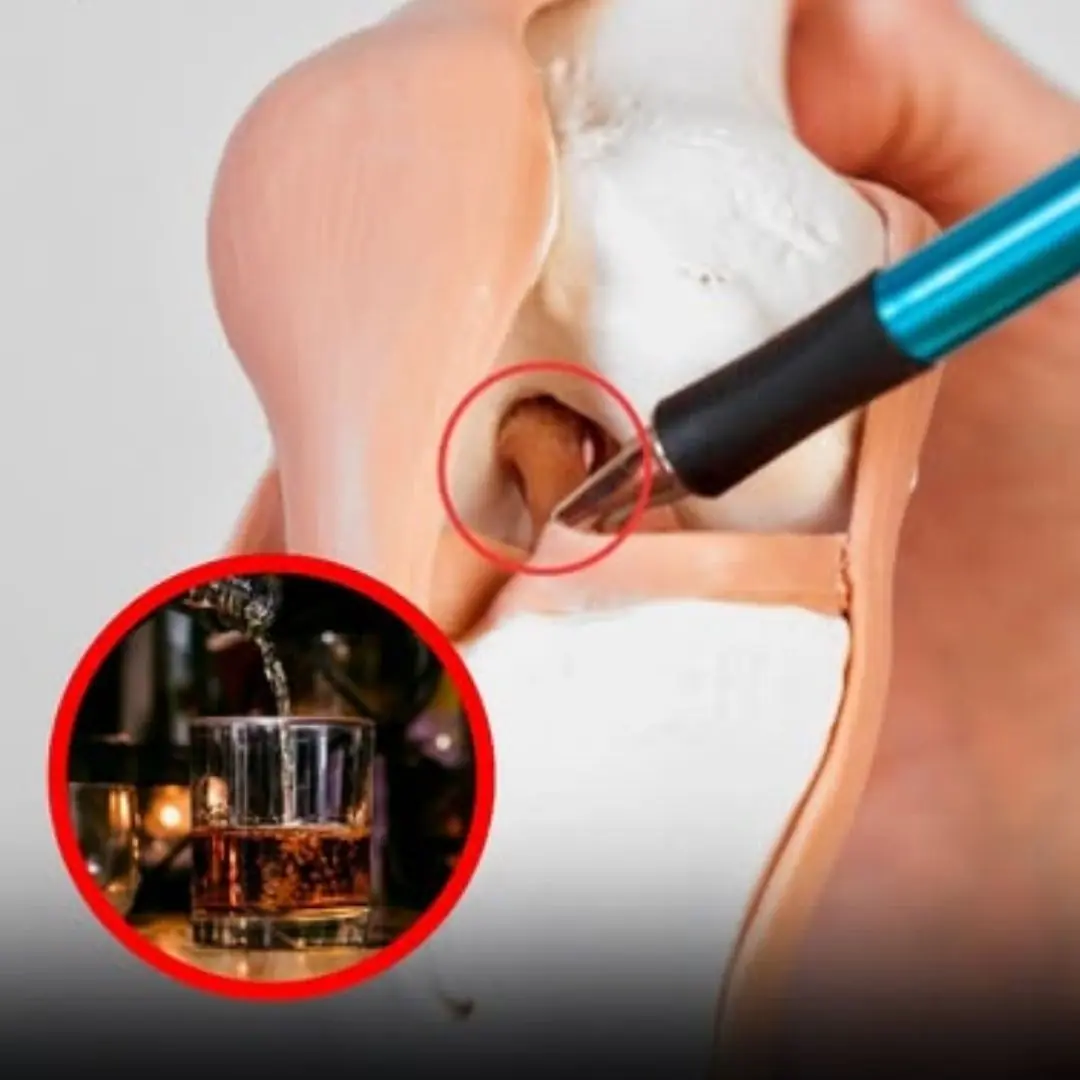
6 foods that silently drain calcium from the body, the more you eat, the weaker your bones become

90% of women don’t know this trick: Add this one thing to the pan and you can fry “everything” without worrying about oil splattering!

Top Hospitals Issue Stark Warning: This Common Meat May Be “Feeding” Can.cer — Just 50 Grams a Day Raises De.ath Risk by 18%
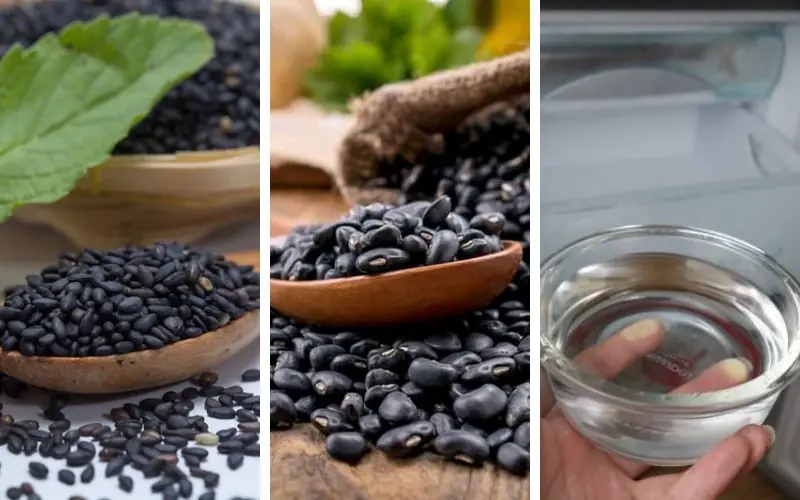
Black Beans and Black Sesame: The Ancient Pair That “Cleans by Day, Restores by Night” — Yet Most People Use It Wrong

When Buying Bananas, Just Say These 3 Words — Sellers Will Think You’re an Expert and Won’t Dare to Cheat You

The Real Causes of Constant Phlegm and Mucus in Throat — And How to Get Rid of It

3 Signs Your Parent May Be Nearing the End of Life — How to Prepare for What’s Ahead

Why you keep waking up with dry mouth—and what it may be telling you

So this is what it does, here is the answer

If You Keep Waking Up at 3AM, The Universe Might Be Trying to Tell You Something

These sudden purple patches on my arms won’t stop appearing, and my doctor is booked until January. What’s happening?

The Hidden Meaning Behind Thumb Rings for Women vs. Men

The Best Foods to Cleanse and Prevent Clogged Arteries

The Ultimate Guide to Cloves: Benefits, Uses, and How They Work

Top 10 Foods to Control Diabetes

90% of Cerebral Infarction Patients Did These 3 Things in the 3 Days Before a Stroke — Chances Are You’re Doing the Second One Right Now

PAN-SEARED WHITE FISH WITH GARLIC CHILI BUTTER

🩺 If Your Kidneys Are in Danger, Your Body Will Warn You With These 8 Signs
